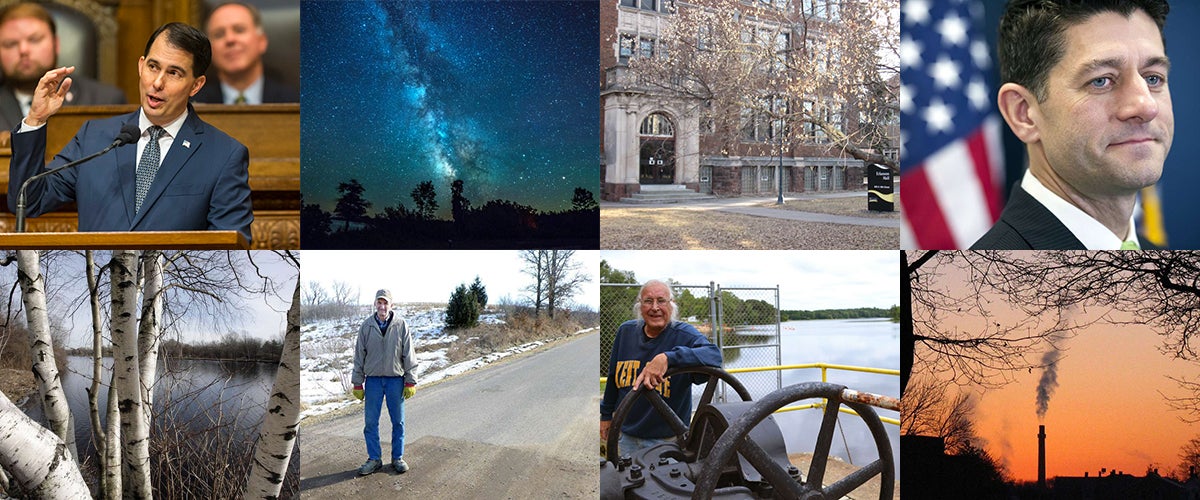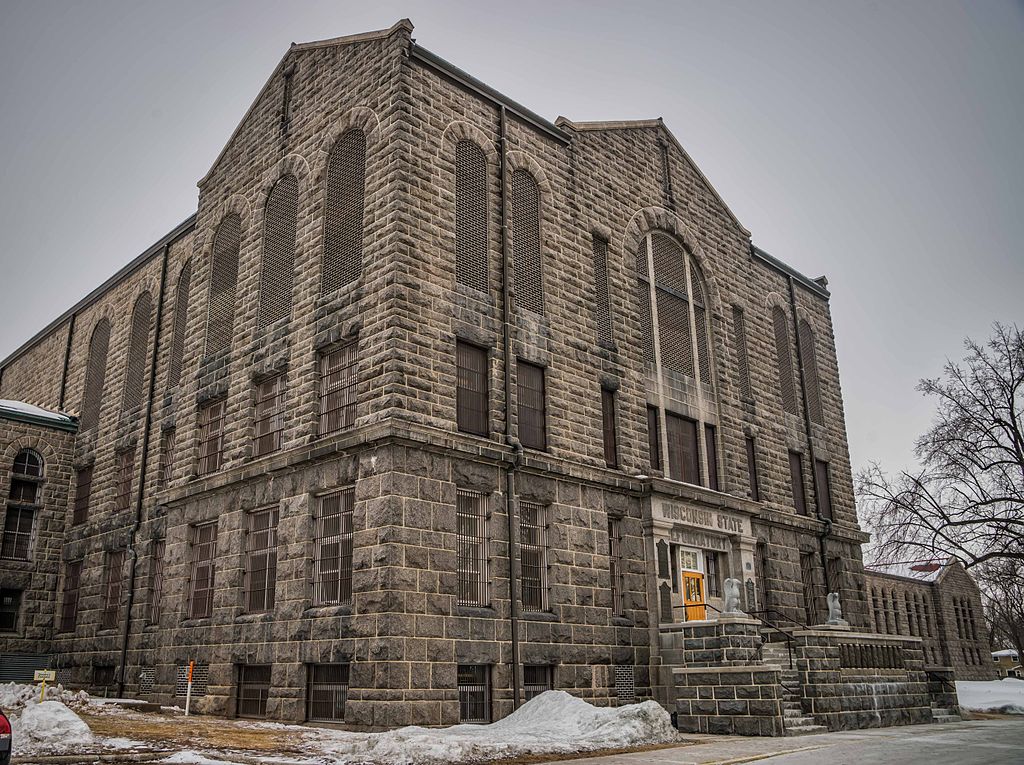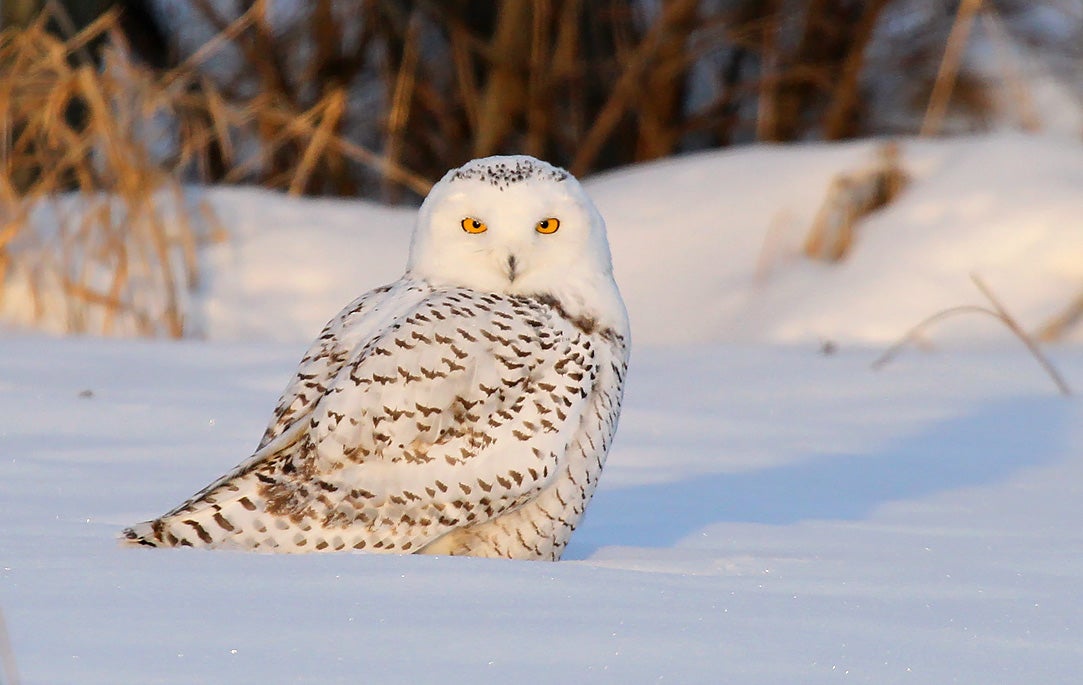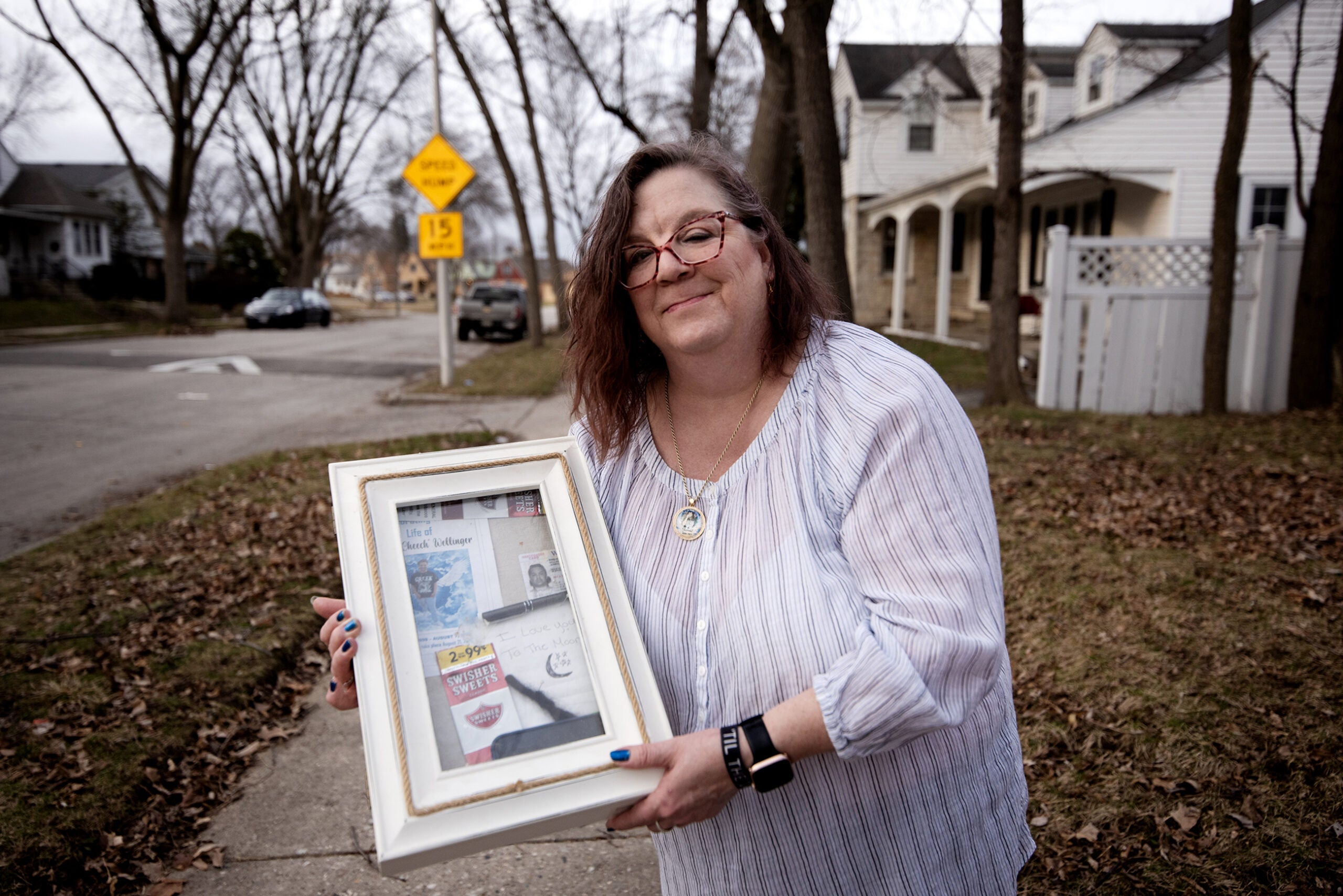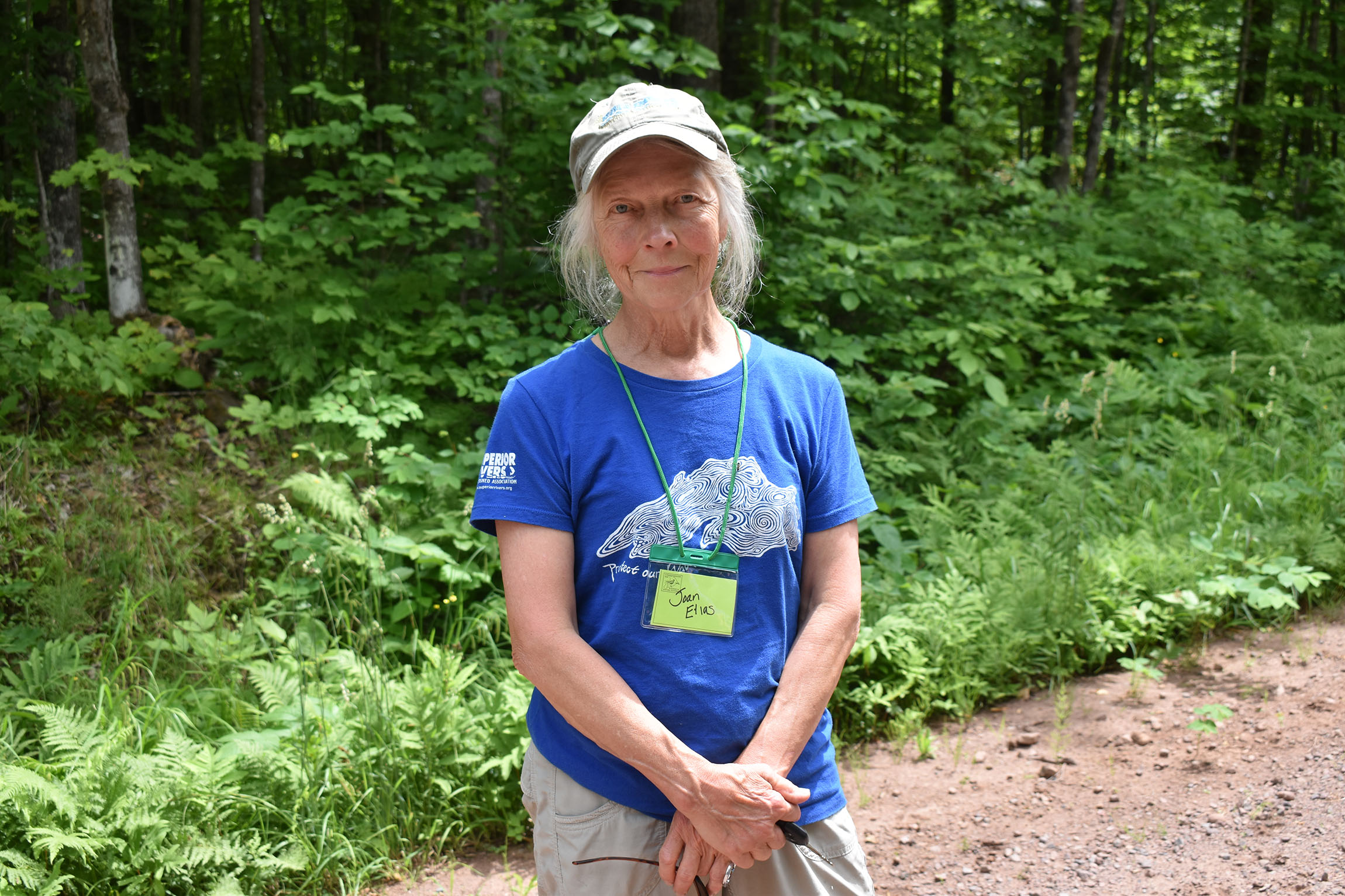The news is a constantly evolving machine. As a news organization we produce countless stories each year both on air and online. But in terms of popularity and importance, some stand out above the rest.
For our audiences, one of the top stories is a feature on a lack of state funding for local governments resulting in once paved roads being returned to gravel. The story was far and away the most-read story of a 2017 series looking at transportation funding in Wisconsin.
In the story, WPR’s Capitol Bureau Chief Shawn Johnson, travels to Northfield, Wisconsin to speak with Northfield Town Chairman Richard Erickson.
Stay informed on the latest news
Sign up for WPR’s email newsletter.
Erickson says Wisconsin’s state government has put them in a bind when it comes to paying for roads. State funding for local governments in the form of municipal aid has been cut over the last decade, while local transportation funding has remained roughly flat.
The state has also limited how much towns can raise from local property taxpayers — limits that grew stricter under Republican Gov. Scott Walker.
Due to the cuts and lack of funding, Northfield has had to turn 12 miles of pavement back to gravel since 2010 — blacktop is just too expensive.
But economic woes weren’t the only thing that got our readers — and listeners — interested this year.
A cookbook focusing on using no colonial ingredients by chef Sean Sherman was the most-read WPR story of the year. News of the University of Wisconsin-Superior eliminating 25 programs, the state’s first “dark sky” park, and a report that U.S. House Speaker Paul Ryan, of Janesville, was considering retiring after passing the tax overhaul also enticed readers across the state.
So as 2017 draws to a close, here are WPR’s 10 most-read stories of 2017.
1. New ‘Indigenous’ Cookbook Features Recipes With No Colonial Ingredients
Sean Sherman and Beth Dooley released a new cookbook this year, “The Sioux Chef’s Indigenous Kitchen.”
Sherman is Oglala Lakota and founder of the Minneapolis-based catering company, the Sioux Chef, which aims to revitalize North American indigenous cuisine. Dooley is a food writer, chef and the author of several cookbooks.
The book showcases “that no matter where you are throughout North America, there’s this beautiful indigenous backbone of food systems there,” Sherman told WPR earlier this year.
Sherman grew up on the Pine Ridge Indian Reservation in South Dakota.
2. In Small Wisconsin Towns, Paved Roads Return To Gravel
Small communities across the state are feeling the pinch of construction costs and budget cuts when it comes to municipal upkeep.
Northfield Town Chairman Richard Erickson has felt the strain first-hand. In this WPR most-read story of 2017, Erickson explains how one stretch of road in his western Wisconsin town had to resort to returning a once-paved road into loose gravel.
It’s unclear how many towns have gone the way of Northfield in turning old blacktop roads back to gravel, but Wisconsin’s worsening road conditions are well-documented. A January 2017 state audit found about 14 percent of local paved roads in Jackson County — home to Northfield and Garfield — were in poor or very poor condition. In Douglas County — where Lakeside is located — that figure jumped to about 23 percent.
3. UW-Superior Suspends 25 Programs
On Oct. 31, 2017 the University of Wisconsin-Superior announced it was suspending 25 programs — nine majors, 15 minors and one graduate program.
The cut in programming, while jarring, follows a consistent trend. Since 2014, 40 programs have been suspended due to low enrollment numbers and a budget deficit.
The announcement came as a surprise for both faculty and students, many of whom said they were unaware their programs were at risk.
4. State Park In Door County Gets Designated First Dark Sky Park In State
In the summer of 2017, Newport State Park in Door County was designated as the first dark sky park in Wisconsin, joining only 13 other parks in the United States to earn the title.
The title comes from the International Dark Sky Association, an Arizona-based nonprofit that rates places based on how dark they are by estimating the brightness of the faintest star visible to the naked eye at night.
Michelle Hefty, superintendent of the park, hoped the distinction would be a draw for new visitors to the natural area.
5. Report: Paul Ryan Considering Retiring
After U.S. House Speaker Paul Ryan successfully moved a sweeping tax overhaul through Congress and President Donald Trump signed the $1.5 trillion bill into law, political insiders speculated that Ryan may be ready to retire.
The report, published in Politico, said that out of three dozen people they interviewed, none of them believed Ryan would remain in Congress past 2018.
But Ryan’s spokeswoman was quick to respond, calling the notion “pure speculation.”
Ryan, of Janesville, also later denounced the rumors, calling the Politico report “irresponsible.”
6. Stealing Birch From Northern Wisconsin Forests Is ‘New Trend’
In March 2017, Buck Pettingill, assistant forestry administrator for Washburn County, said more than 1,700 birch trees had been illegally harvested from their country forest. The branches, in turn, were being sold to buyers who supply a demand for wedding and home décor.
The illegal harvest caused concern for area forest managers over whether or not the damage to birch saplings would ruin their efforts to regenerate supply.
7. Homeowners Wage War Against Dam Operator Over Lake Levels
In July, WPR’s Glen Moberg reported on Friendship Lake homeowners waging a battle against a man who operates the dam the lake relies on.
Through the municipal Friendship Lake District, the homeowners try to take the dam away from Chuck Pheiffer by condemning it through eminent domain. Pheiffer said the homeowners are trying to steal his property.
Meanwhile, the Wisconsin Department of Natural Resources, threatened to drain the lake because of safety concerns over the dam.
The drama began years after Pheiffer bought the dam, when the DNR, in 2009, said owners of high-risk dams have to pay for inspections. After that policy change, Pheiffer began lowering the level of the lake and the homeowners became unhappy: they couldn’t use their motor boats, maintain the lake; the community lost out because people couldn’t learn to fish, water ski or swim, said Friendship Lake District President Bob Berry.
8. Cadott Doctor Faces DEA Investigation While Patients Face Withdrawal

The Cadott Medical Center was visited by agents with the U.S. DEA Wednesday Jan. 18. Rich Kremer/WPR
On Jan. 18, federal Drug Enforcement Administration agents raided the Cadott Medical Center in Chippewa County, a small clinic that specialized in treating chronic pain and addiction.
Agents served a federal inspection warrant at Dr. Clifford Bowe’s clinic and the office was closed indefinitely.
The DEA nor the U.S. Attorney’s Office for the Western District of Wisconsin have said what agents were looking for or what was found.
Bowe said among the things agents found were samples of drugs he said he didn’t realize were restricted and blank prescriptions he’d already signed to save time, which is illegal.
Some in the community praised Bowe’s clinic and the services he provided, while others shared tales of prescriptions leading to addictions.
In 2012, the state Medical Examining Board reprimanded Bowe for infractions including prescribing opioids without properly diagnosing chronic pain and continuing to prescribe opioids to a patient who misused the medication.
9. Gov. Walker Proposes Eliminating Labor, Judicial, Education Oversight Commissions
Gov. Scott Walker’s move to end the commissions overseeing labor disputes, for-profit colleges and judicial ethics in Wisconsin were unveiled in February.
Walker made the proposals to end the state’s Labor and Industry Review Commission, Educational Approval Board and Judicial Commission during his biennial budget proposal, claiming it would streamline government processes.
Like nearly all political stories, the decision was met with both criticism and praise.
10. Income Inequality In Wisconsin At Highest Level Since Great Depression
A Wisconsin Budget Project and Center on Wisconsin Strategy report released in August showed the richest 1 percent in Wisconsin made — on average — 19 times as much as everyone else in 2014.
The report showed the state is seeing a growing income gap between its top-earners and the average worker. During the last three decades, the top 1 percent has seen their income rise by 131 percent after adjusting for inflation. At the same time, income for the remaining 99 percent grew 9 percent.
Wisconsin Public Radio, © Copyright 2025, Board of Regents of the University of Wisconsin System and Wisconsin Educational Communications Board.
